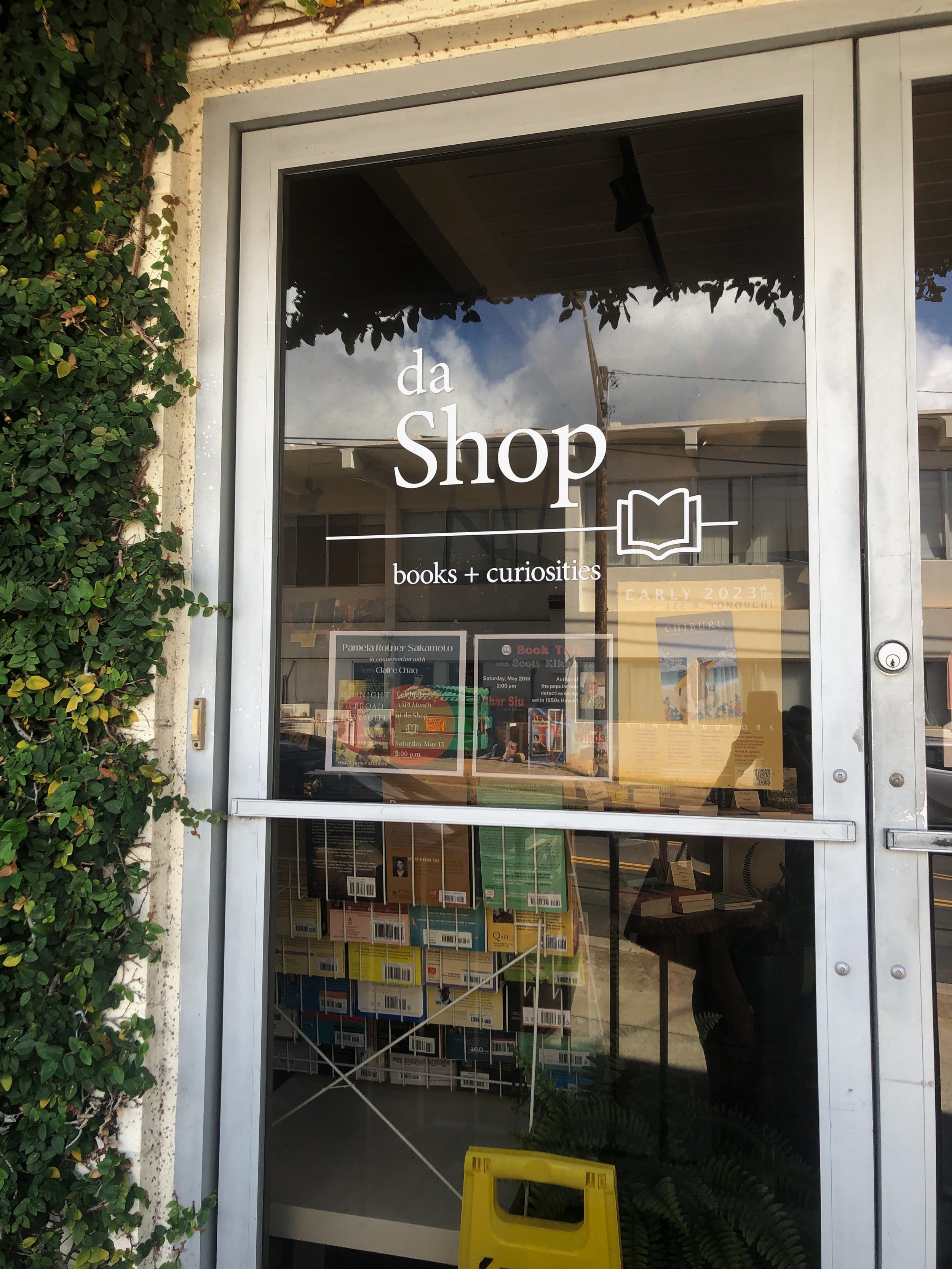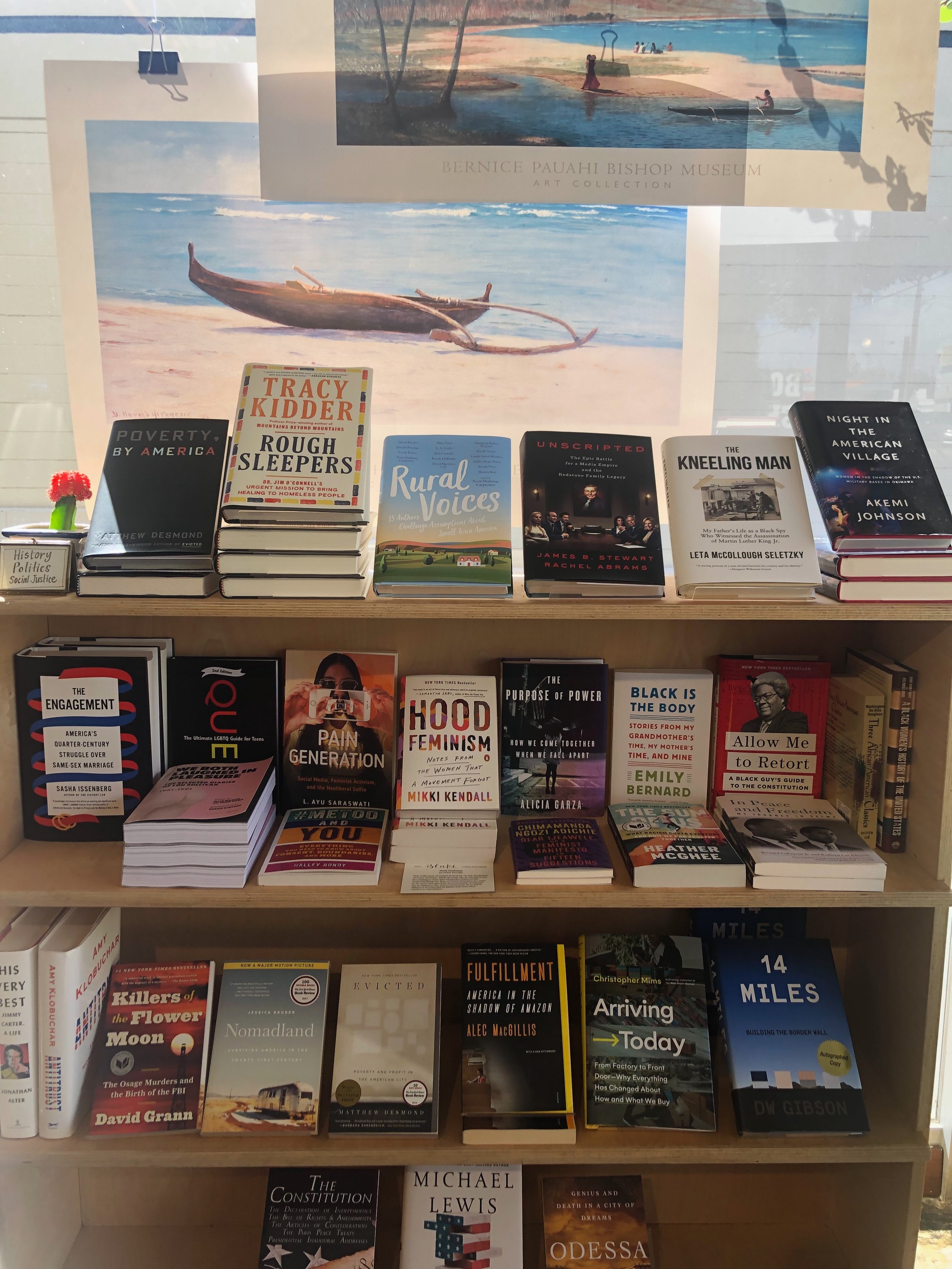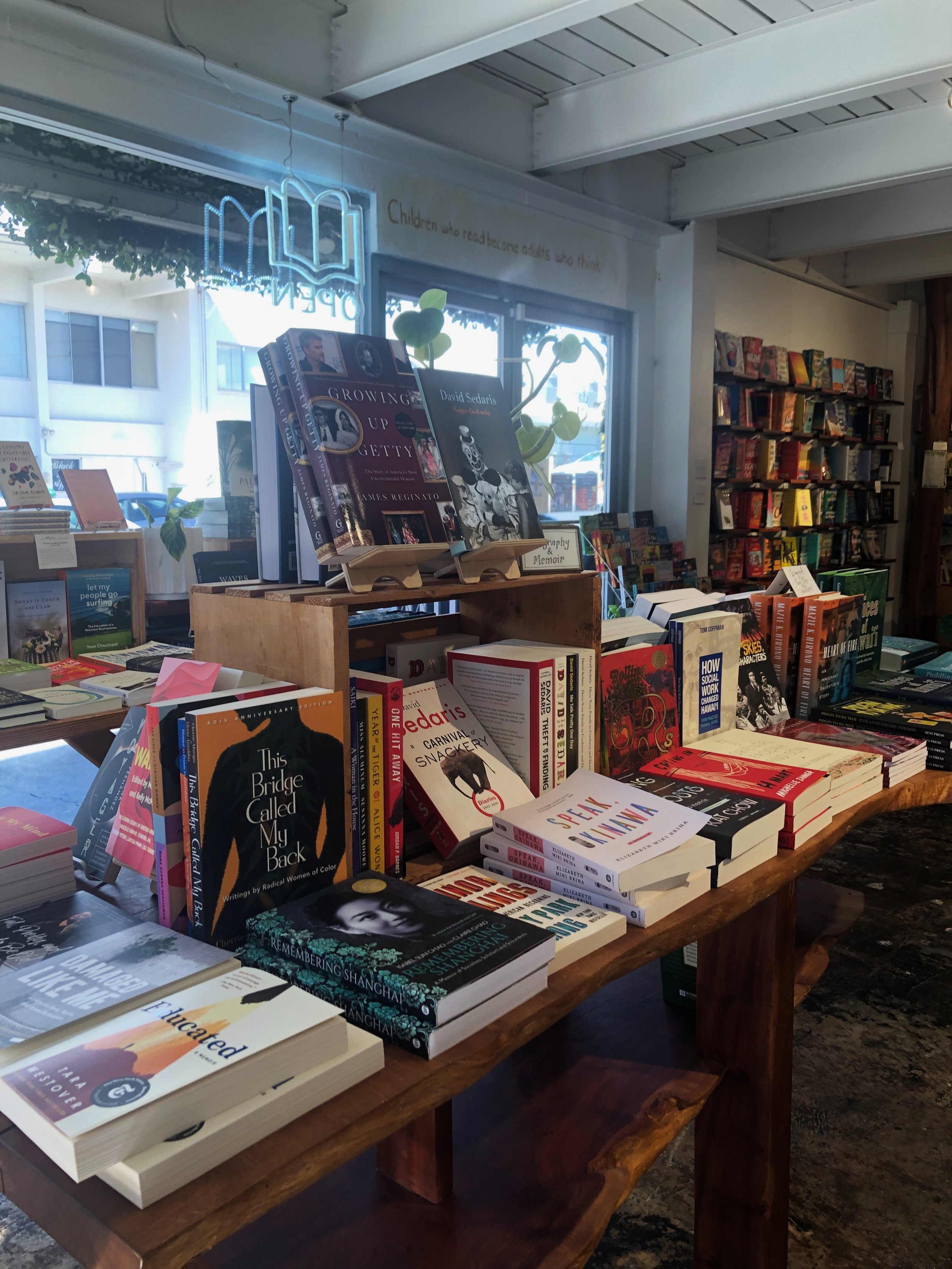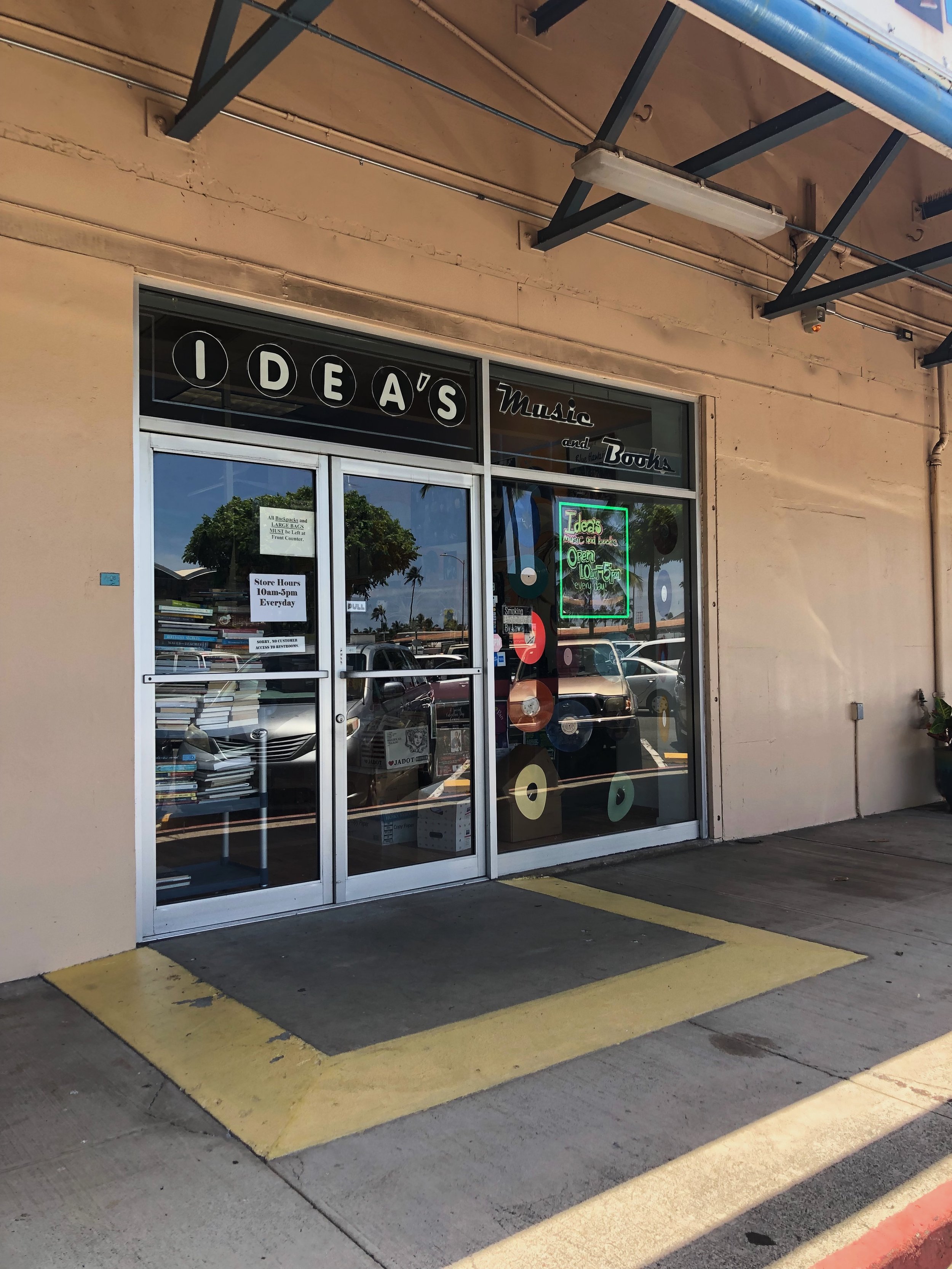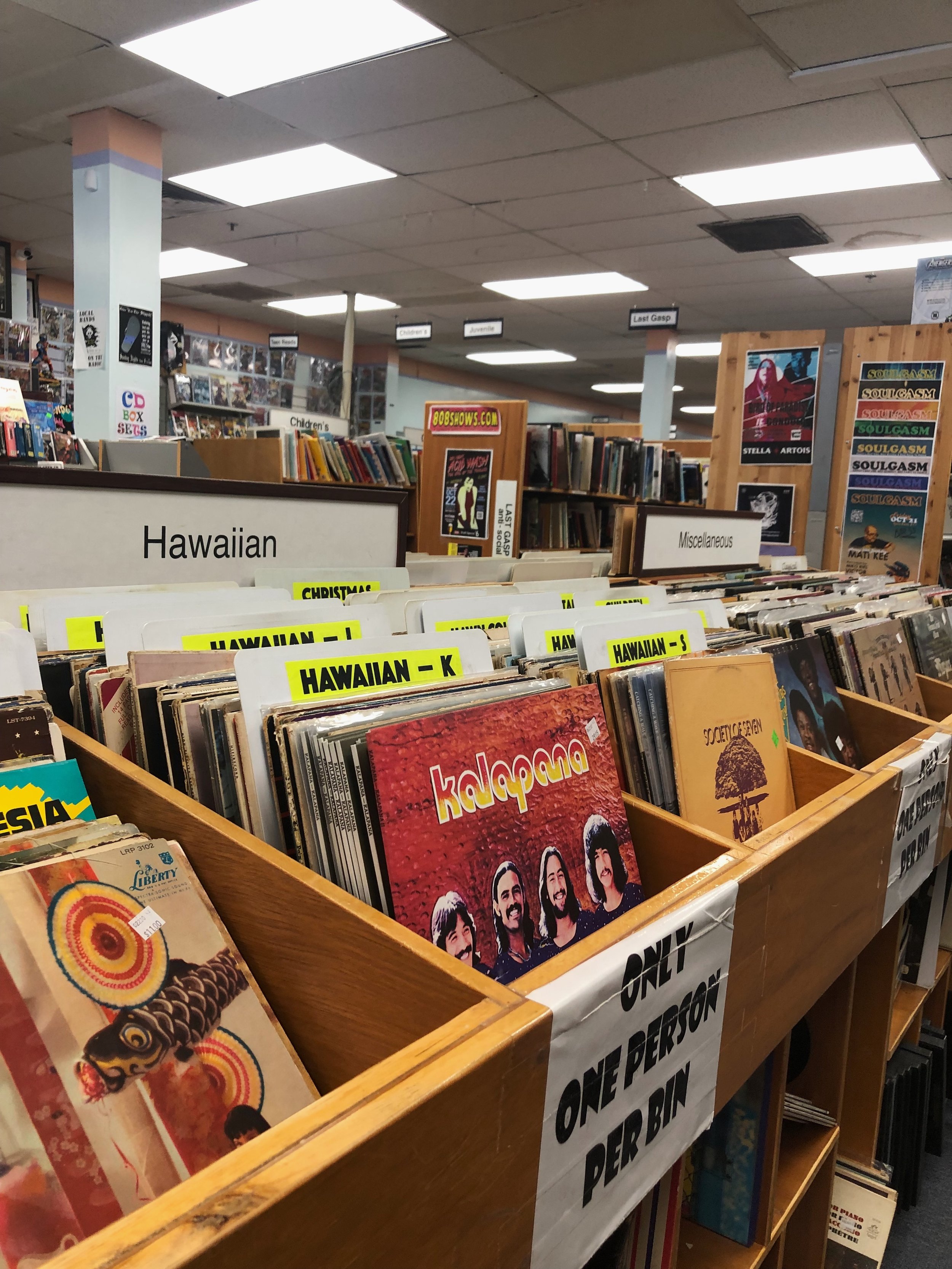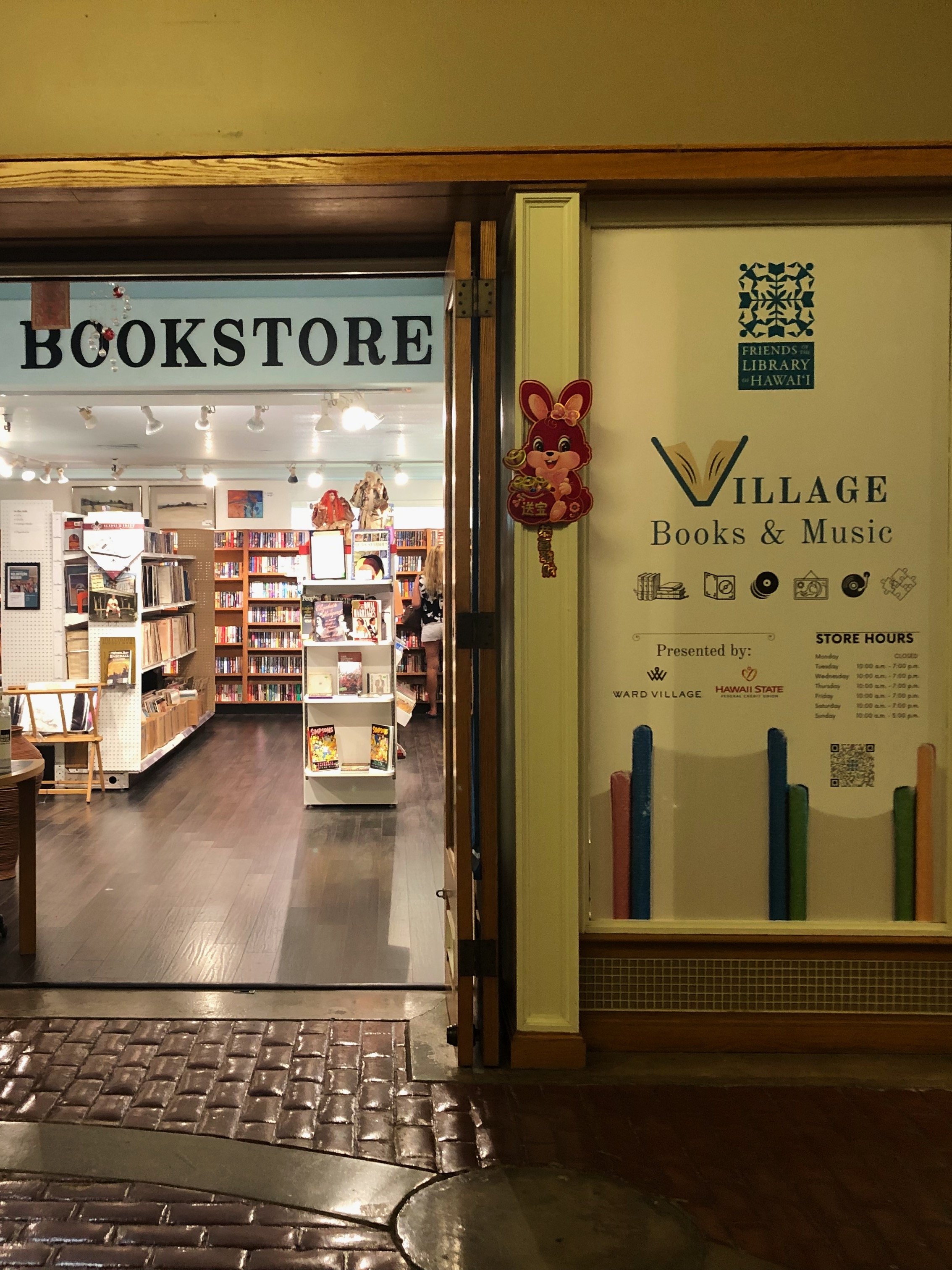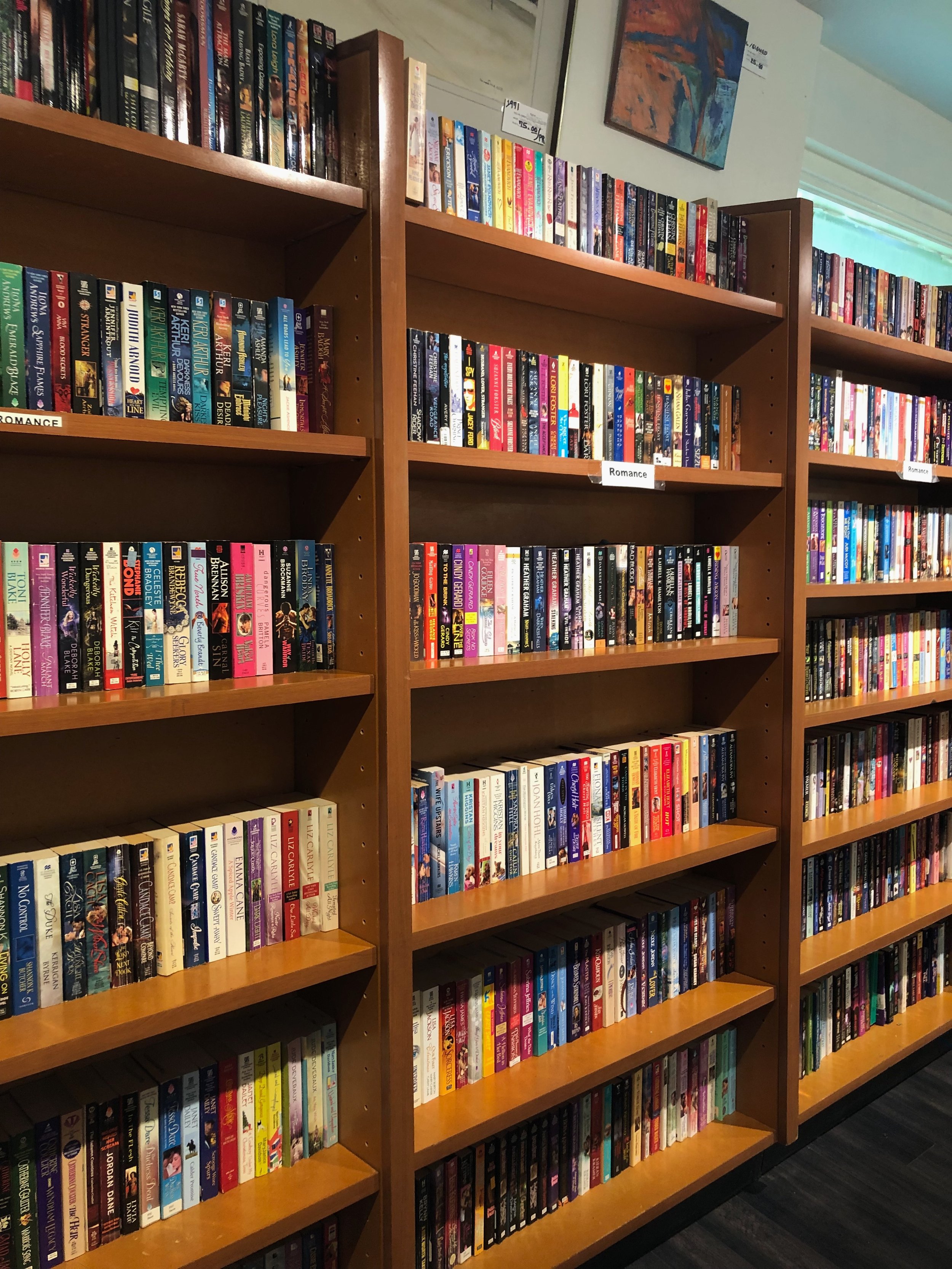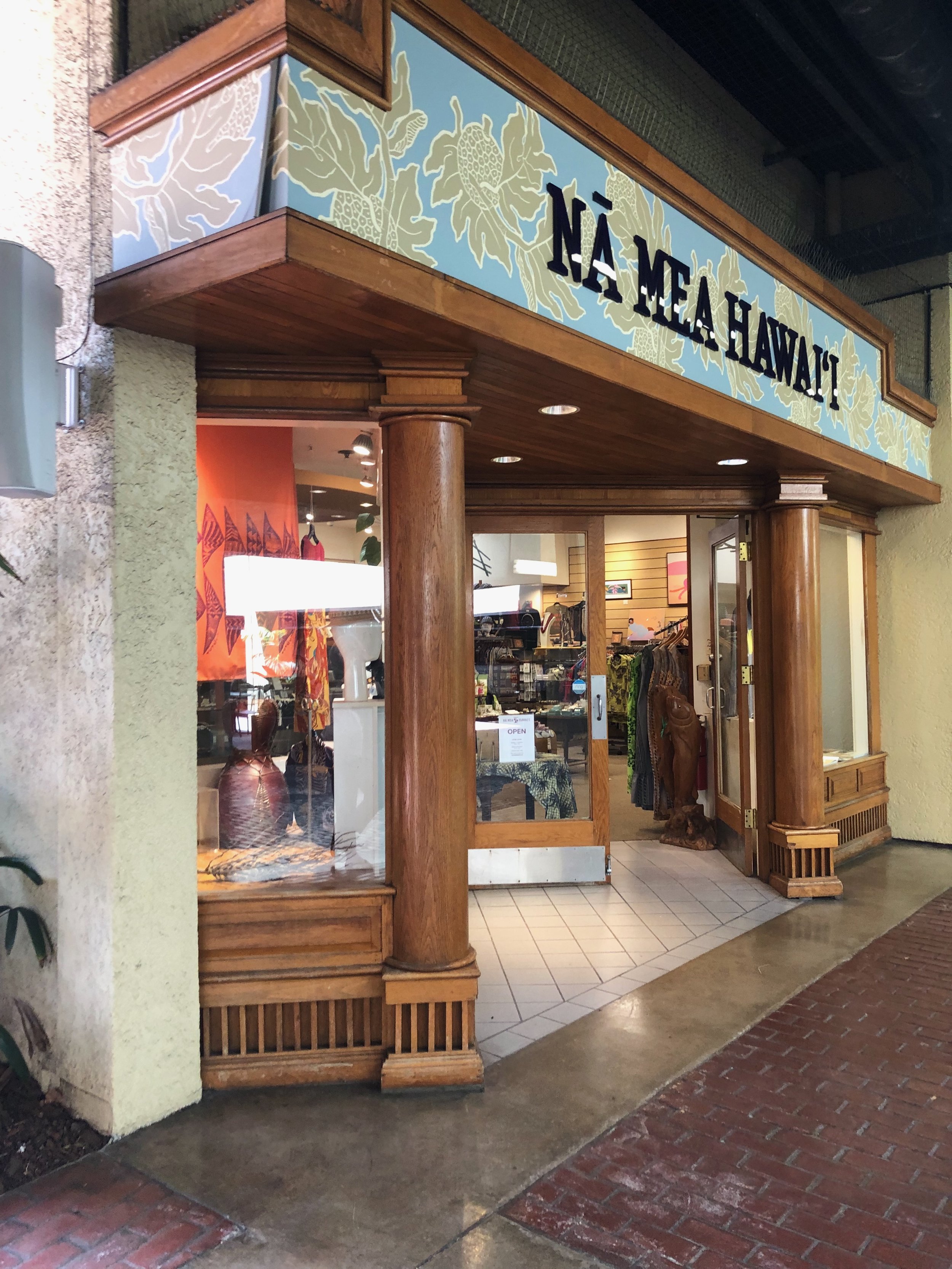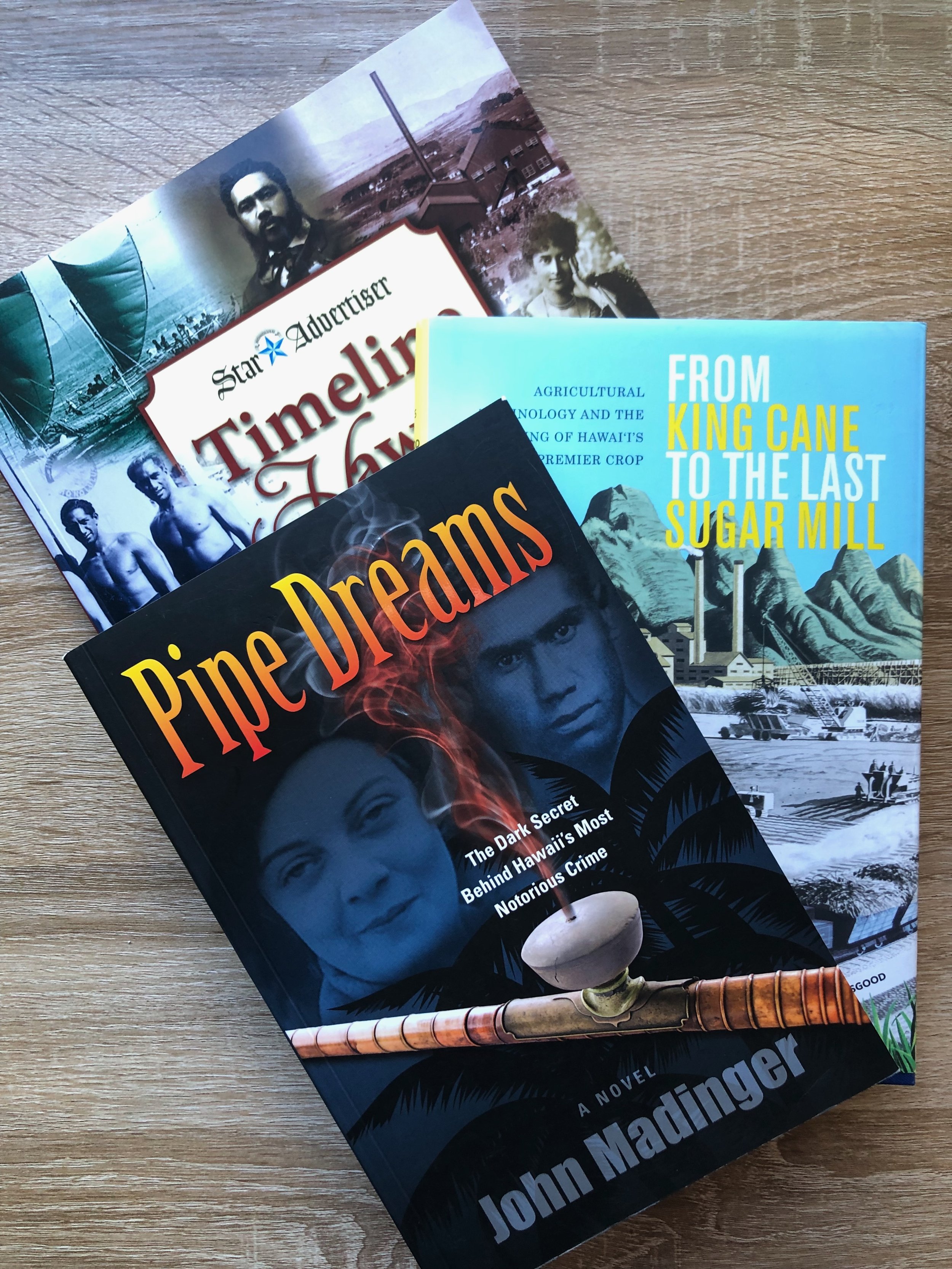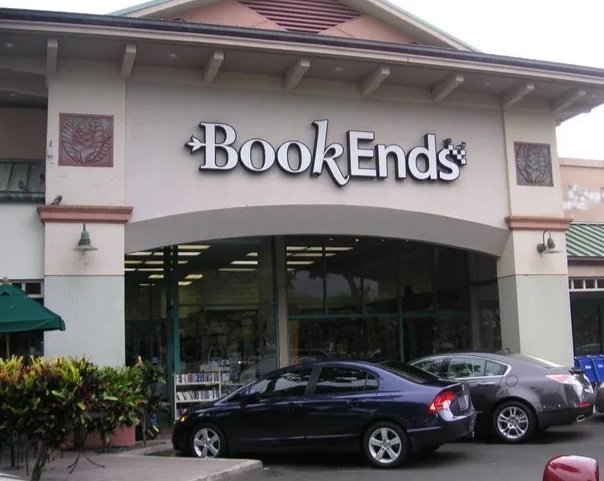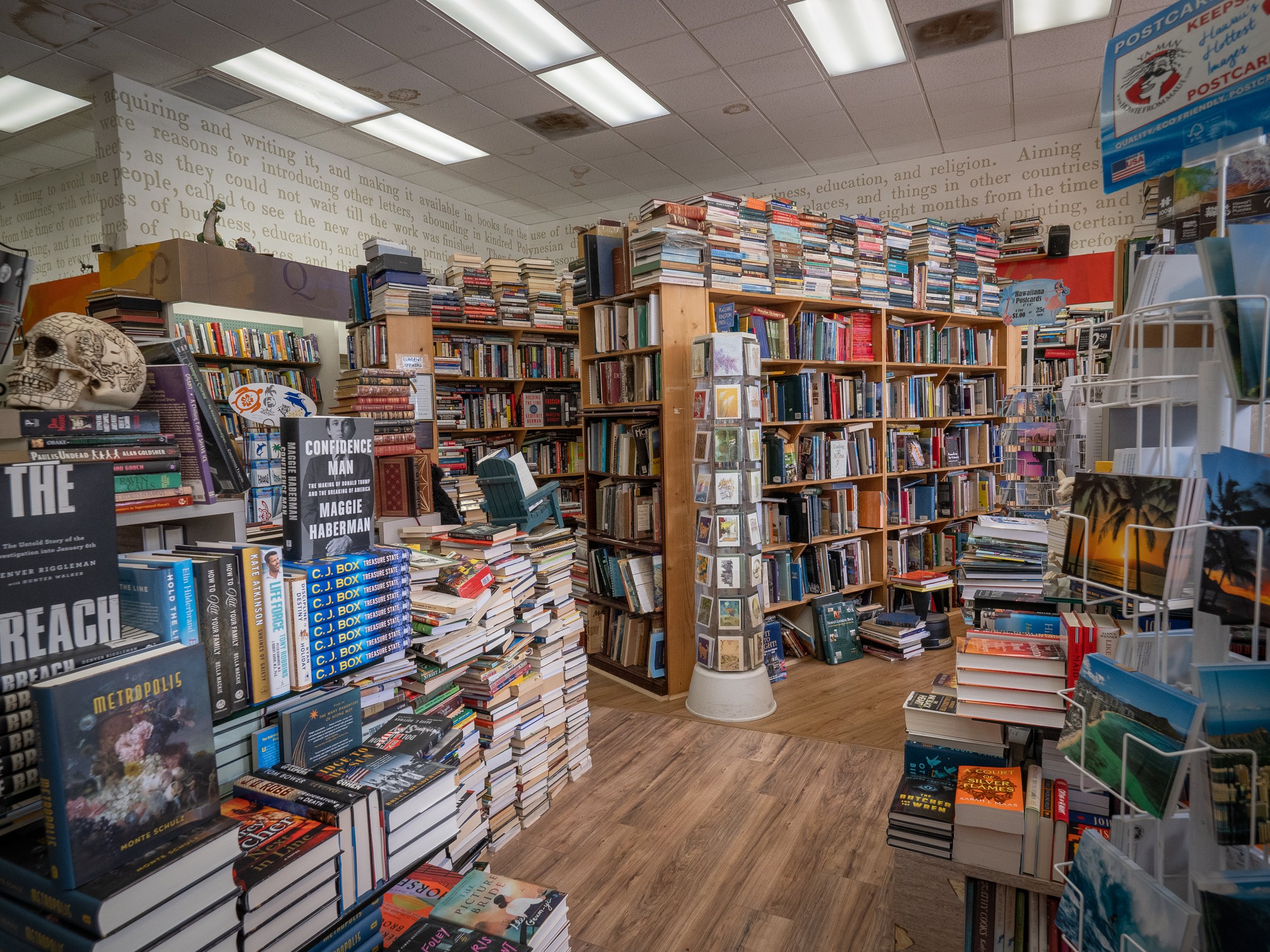A Call to Read Widely
A few months ago, there was a Tik Tok that made its rounds on Booktok by a book reviewer (who happened to be white) commenting on the dark, academia fantasy Babel by R. F. Kuang. In the short review of the book, the review indicated that she hadn’t liked it because she couldn’t “identify” with it. Her reason why? Because she wasn’t Asian.
Hit the breaks.
Screech.
WTF?!!?
The Tik Tok review blew up and not in a good way. Commentary dragged the creator and for good reason. Ignoring the reviewer’s problematic assertion, which was racist at worst and bigoted at best (she has since removed the content so I couldn’t link it, which lends itself heavily to the assumption it was problematic), isn’t that—reading about alternative perspectives—why we read? Whether it's to challenge our perceptions about some big picture topic, to learn something new, to experience the emotions of a character’s experience, thereby gaining empathy. Aren’t these the reasons why we pick up stories?
Why do you read?
Maybe I’m a Pollyanna (for you youngins unfamiliar with old-school Diseny movies, that just means I look at the world through rose-colored lenses), my assertions about reading filled with naive idealism. For me, reading has always been about joy and emotion. I love romance novels because there is a beautiful rhythm of predictable happiness which offers me that measure of that happily-ever-after. I enjoy thrillers and mysteries because of the mental game required in the chess-match of character and plot movement resulting in a satisfying capture of the “bad guy”. I enjoy non-fiction because it challenges me to learn something new. I enjoy reading outside of my own sphere (white, cis-het female) to broaden my lens of the world around me and to gain insight into another’s experience.
But then I recall several romance books I read around the same time, right around the time the Supreme Court overturned Roe v Wade. Recommended on Tik Tok, these titles were written by widely read, financially successful, well-known authors (both cis-het, white women; one’s got a movie deal). Thinking about these books makes me cringe. They were filled with awful stereotypes and reinforced horrific paradigms around white, cis-het relationships. Damaged, alpha males whose horrible behavior (i.e., messing with the heroine’s birth control to get her pregnant, gaslighting, etc.) toward their partners was excused and even forgiven. The heroine’s agency stripped and idealized because if she was just “nice enough” she could “save him”.
It still makes me want to scream.
For so long, traditional publishing has been heralded as the “gatekeepers” of culture, touted in a good way. And yet it is a severely dysfunctional system reinforcing the intersectional bias and prejudice of racism and sexism (along with a plethora of other -isms). Historically male, historically straight, and historically white, these perspectives have shaped a culture. It has only been in the last five years give or take a few more that American Publishing has seen a shift to invite marginalized voices to the table, and we aren’t anywhere near where we need to be (see this essay on diversity and inclusion in publishing). But publishers are adopting diversity statements (whether this provides meaningful change in the business of publishing remains to be seen). Only inclusion for new and diverse voices has largely been pushed by independent authors, independent publishers, and small presses, while the big names are playing catch up.
And now that we’re seeing more diversity in publishing, government is working to silence these voices via book bans.
Besides the obvious, the problem with this “gatekeeping” as it relates to Tik Tok reviewer and her “couldn’t relate because I’m not Asian”, is that it reinforces the systemic, racist, sexist, problematic cultural issues. This reviewer couldn’t get past her own perspective to build empathy about another’s experience as a human on this planet. But it is stories that help us understand our place in the world, our human condition. This isn’t a new idea. Joseph Campbell did extensive anthropological work on the mono-myth across cultures, identifying common pieces of the structure, and this common framework serves to reinforce the idea that stories—no matter the culture or perspective—are a means to make sense of the world around us.
Look, if a reader only ever picks up books written by people who look like them and understand the world as they do, then why would they ever be challenged to see something differently? And if that reader then goes out into the world armed with their very myopic view of the world and interacts with someone with a different experience except that reader only associates their myopic worldview to the interaction, it's a recipe for epic-Karenesque disasters—or perhaps things like storming the capitol, gun violence, book banning, the retraction of women’s rights, fascist nationalism.
As a high school English teacher, I work with my fifteen and sixteen year olds exploring the idea of our perspective. We discuss how our worldview is shaped, but then also how it is challenged, and notoriously you know what challenges it? Stories. And that is what I will leave you with today: a few stories that challenged my perspective and helped me see through another’s eyes to shift my worldview.


